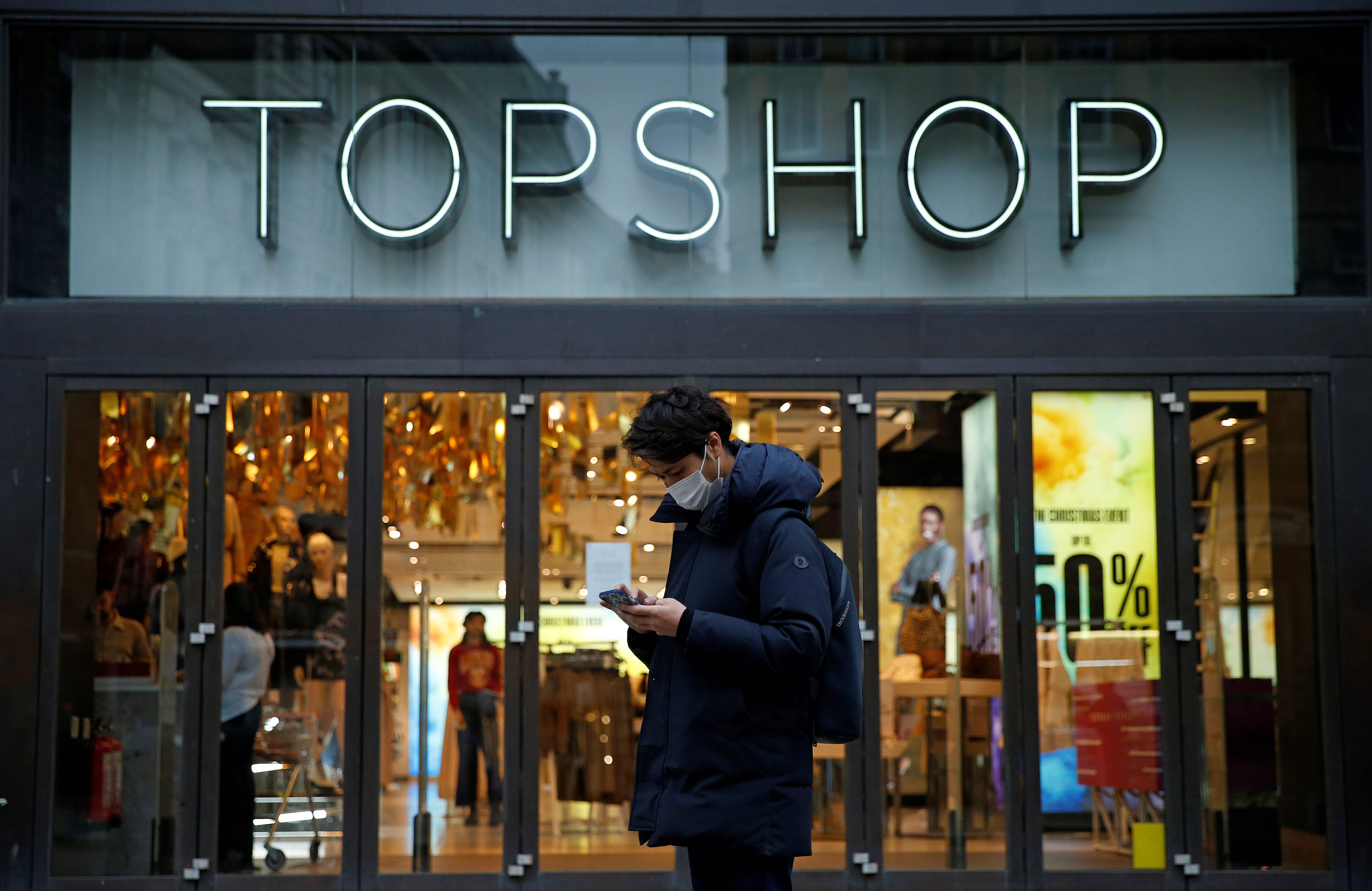Number of big companies seeking rescue deals doubles during pandemic, despite government support
High street retailers and restaurant chains most likely to call for lifelines from creditors

The number of large companies seeking rescue deals with their creditors has doubled this year despite wide-ranging government measures to keep businesses afloat through the coronavirus pandemic.
The furlough scheme, state-backed low-interest loans and business rates relief have not been enough to stop many firms calling in administrators or entering insolvency procedures known as company voluntary arrangements (CVAs).
Consultancy firm PwC found that 25 large businesses entered CVAs between January and November compared to 13 in the whole of last year. Three quarters of those were retail, consumer, hospitality and leisure - the sectors hit hardest by restrictions introduced to bring Covid-19 case numbers under control.
After entering a CVA, struggling businesses can secure discounts from creditors with landlords frequently accepting lower rents in order to avoid a formal insolvency process which could see more debts written off.
PwC analysed 17 of those CVAs and found that almost 3,000 shops, pubs restaurants and other sites were affected.
Companies asked for rents to be reduced, arrears written off or payment terms changed for 80 per cent of those sites. Some 15.7 per cent of sites were earmarked for closure altogether.
The figures will make concerning reading for landlords who have seen the value of their properties plunge during the pandemic, and for the government which recently announced details of funding to help revive the UK's ailing high streets. Last week, Robert Jenrick, the communities secretary, pledged £830m to invest in 72 areas across England.
While CVAs can help businesses reduce costs and stave off collapse they have been criticised for failing to turn around businesses in a substantial number of cases.
Sir Philip Green’s Arcadia retail empire and Debenhams are among high-profile retailers to have launched a CVA only to enter formal administration or liquidation shortly afterwards.
David Baxendale, restructuring partner at PwC, said: “Covid-19’s impact on businesses has resulted in a large number of companies using a CVA as an effective means of survival through measures including injecting new money from lenders or shareholders, rent reductions and reducing property portfolios.
“The overarching objective is to give companies the best chance of continuing as a going concern in light of the immediate challenges presented by Covid. Some of these CVAs delivered a full restructuring with various stakeholders shouldering the burden and new funds being injected, alongside others which focused on landlords in isolation.
“The impact on landlords has varied from a minority where they are relatively untouched through to those where arrears and future obligations are fully ‘compromised’. In almost a third of cases landlords have agreed to a shift to turnover rents, supporting businesses during periods of enforced closure or decreased footfall.”
Join our commenting forum
Join thought-provoking conversations, follow other Independent readers and see their replies
Comments
Bookmark popover
Removed from bookmarks